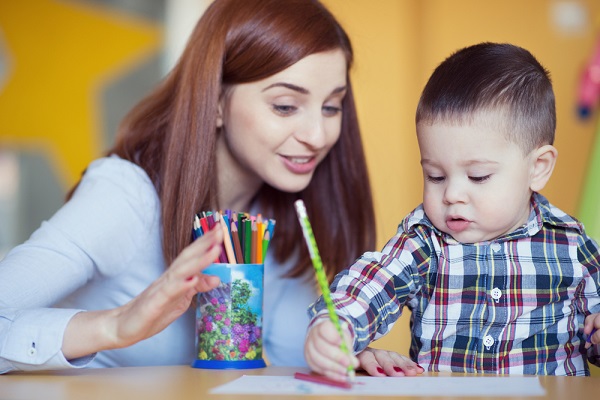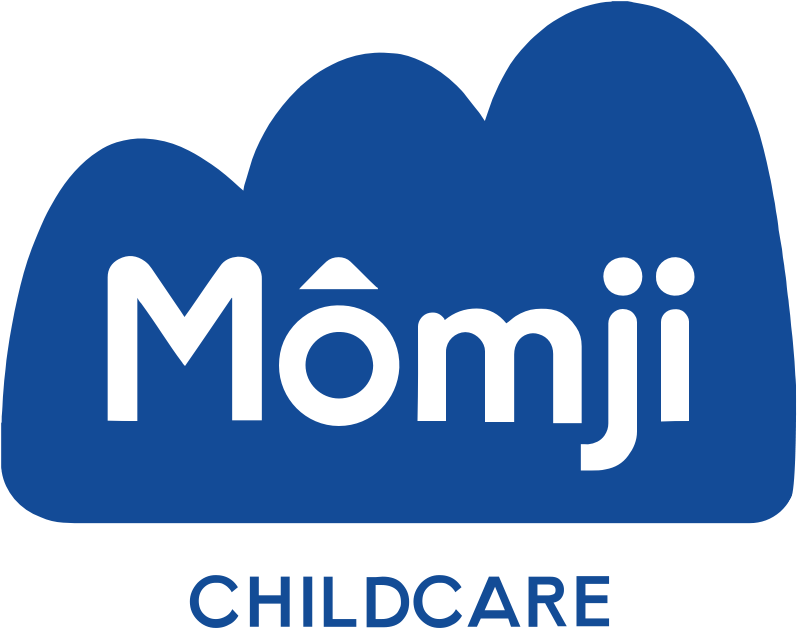
Do you want your child to learn a new language? Wondering if it is too early, or if he/she will be motivated enough to continue this learning after school? A child is constantly learning: his/her brain is like an absorbing sponge.
In this article, we give you three good reasons to choose babysitting in a foreign language.
#1 Young children learn faster
Early childhood is the best time to learn a foreign language, a subject we talked about in a previous article. We would then explain to you why the age of 3 is particularly suitable for learning a second language!
A child develops his/her learning on a daily basis, by observing and acting in his/her environment. At the age of two, he/she can walk, at three he/she learns to run faster and jump higher. And this evolution is also true for language.
When the child begins to speak, he/she uses words associated with objects or actions. He/she quickly understands that by saying "want cake", he/she will get the coveted gluttony! Your child can then extend this knowledge to "want a cuddly toy to sleep", or "want to drink please". Around five years old, sentences are constructed because of the imitation of adults and the words have more meaning: "Mum, can I have a glass of water please?" ".
This evolution takes place naturally because the brain of the young child is a sponge and it is not cluttered by years of stored knowledge. While an adult will try to associate a foreign word with his/her native language, a bilingual child will know that these two distinct words mean the same thing.
It’s the ideal time to introduce a new language in the form of games, accompaniment and basic actions.
#2 With bilingual babysitting, learning is not homework
Learning a foreign language should not be seen by the child as a homework. Rather than going through exercises, it is therefore important to integrate a new language by "living" it every day!
A bilingual babysitter makes the link between the child and his/her environment. He / she brings fun and fluid learning, in the form of games and exchanges. All of the day's activities, right out of school, enrich vocabulary and understanding.
You can have fun naming foods and utensils during snacks and meals. Simple questions and sentences are provided, such as: "Do you like strawberries or chocolate?", Or "Can you give me the milk?".
At the time of games, they will have fun citing different objects. Small nursery rhymes in foreign languages allow you to work on vocabulary and interact. For example, using "Jacques à dit (Simon says…) ... touch your nose, your feet, your belly".
Walks in the park can also be very rich. A bilingual babysitter will not only awaken a child to nature in his/her mother tongue: he/she will also be able to teach your kids new words and everyday expressions such as "give me your hand" or "hello sir".
Our bilingual childcare service provides an activity kit for families. It is a real working support for the babysitter, but also for parents who can use it outside childcare hours.
#3 Opening your child’s mind
Bilingual babysitters are encouraged to share the traditions of their countries of origin with the child they care for. In addition to teaching them a new language, they also open their minds to a new culture.
This richness is possible thanks to a real contact which is different from learning in books. It develops children's curiosity and their spirit of analysis and understanding.
Do you want to find a bilingual babysitter near you?
Discover our Baby-Speaking childcare service!




